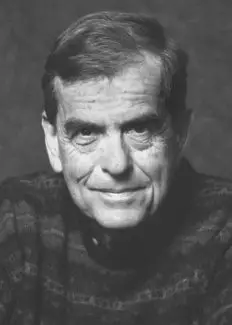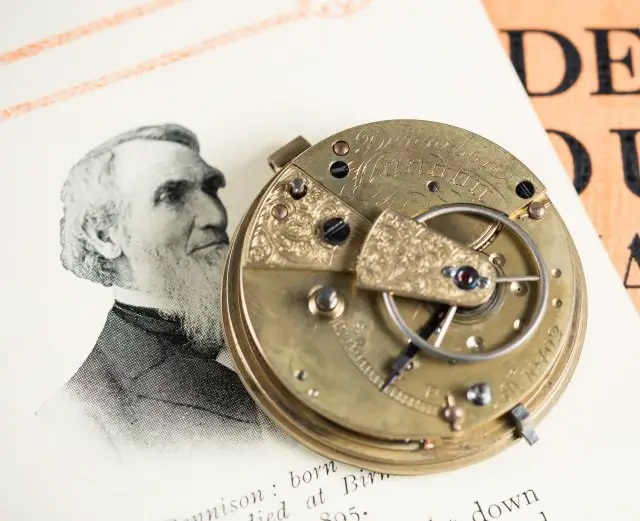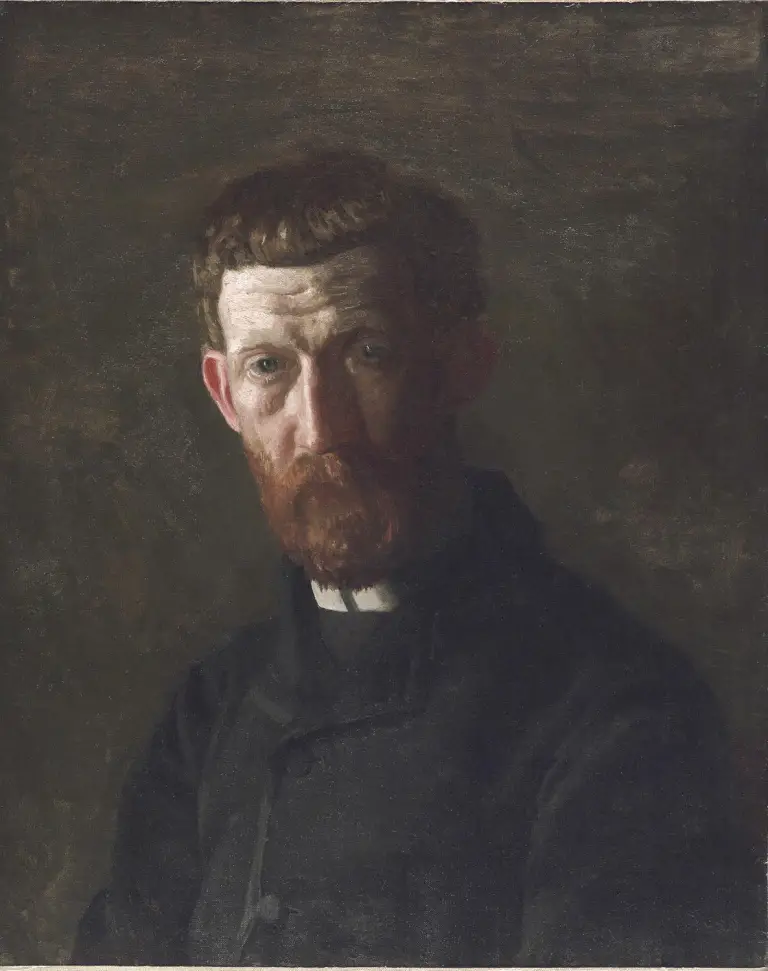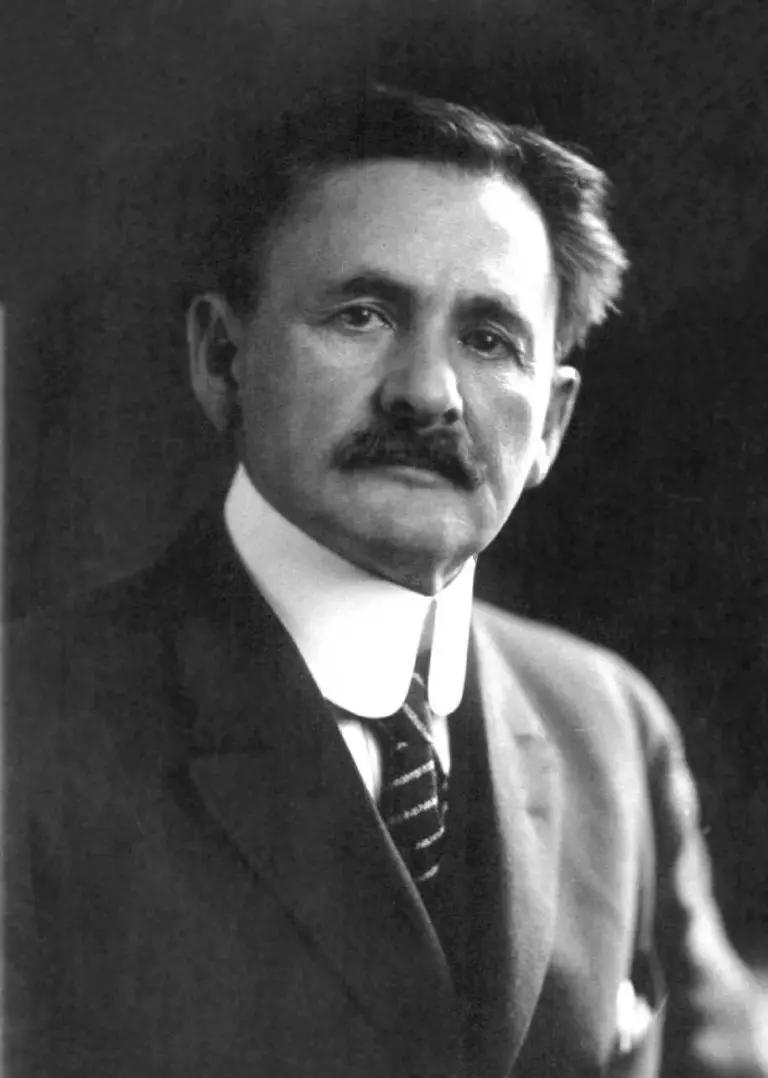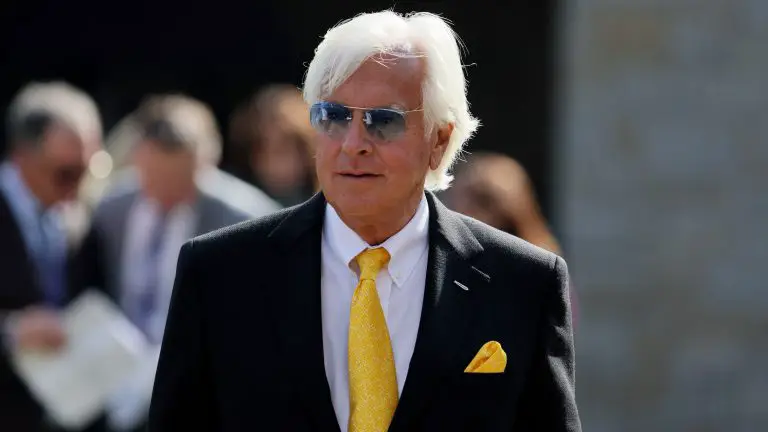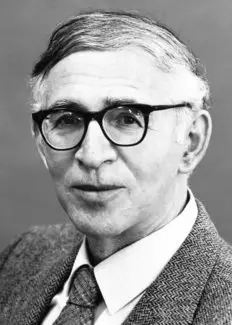An In-Depth Look At Aaron Ciechanover Biography: Nobel Laureate
Immerse yourself in the inspiring life tale of Aaron Ciechanover, a man whose intellect and dedication reshaped the world of biomedical science. This Nobel laureate’s story is not just about his groundbreaking discoveries in the field of ubiquitin-proteasome pathway but also about the unwavering determination that carved his path to success.
Venturing into the heart of Ciechanover’s biography, you’ll glimpse the mind of a man who sought to unravel the secrets of cellular degradation, thus paving the way for vital breakthroughs in cancer research and therapy. Embark on this fascinating journey through the life and achievements of Aaron Ciechanover.
Aaron Ciechanover Biography
Born on October 1, 1947, in Haifa, Israel, Aaron Ciechanover is an Israeli biologist who gained international fame for his ground-breaking work on protein degradation. His incredible journey into the scientific realm and the subsequent contributions he made to the field of molecular biology are nothing short of amazing, leading him to earn the Nobel Prize in Chemistry in 2004.
Childhood and Education
Aaron Ciechanover was born into a family of Polish immigrants who instilled in him a strong work ethic and a passion for scientific discovery from a very young age. His parents were both teachers and fostered an environment where questions were encouraged and learning was actively cultivated.
In 1969, Ciechanover enrolled at the Hebrew University of Jerusalem to study medicine, driven by a deep sense of curiosity about the human body and its mechanisms. In 1974, he completed his medical studies and shortly after, began his mandatory service in the Israeli Defense Forces as a military doctor.
The Path to Nobel Prize
In 1978, Ciechanover embarked on his career as a scientist when he started his Doctor of Science in Biological Sciences at the Technion – Israel Institute of Technology. Under the guidance of renowned biochemist Avram Hershko, Ciechanover focused on the process of protein degradation – a process vital for maintaining the balance of proteins in cells.
What was considered a standard process quickly proved to be a revolutionary discovery, leading Ciechanover and Hershko to the development of the Ubiquitin-Proteasome System. This discovery, which unveiled the entire mechanism of cellular protein degradation, paved the way for his Nobel Prize win in Chemistry in 2004, a distinction he shares with Hershko and Rose.
Contributions to Science and Medicine
Ciechanover’s research on the Ubiquitin-Proteasome System has led to significant leaps in our understanding of cellular functions. Thanks to his work, the scientific community has been able to gain a deeper understanding of many diseases, including some forms of cancer and neurodegenerative conditions like Parkinson’s and Alzheimer’s disease.
His research has also laid the groundwork for the development of new drugs that target the degradation process of proteins, leading to more efficient treatments for a variety of diseases.
Present Day
Even after earning the Nobel Prize, Ciechanover’s passion for scientific discovery hasn’t waned. He continues to lead a team of scientists at Technion, focusing on the Ubiquitin-Proteasome System and its implications for human health. His recent research, alongside his countless academic papers and lectures, show that his contributions continue to significantly impact the field of molecular biology and beyond.
The Legacy of Aaron Ciechanover
The story of Aaron Ciechanover is a testament to the power of curiosity and perseverance. His profound contributions to the understanding of cell biology have not only revolutionized scientific thinking but have also opened doors for new treatments of diseases. His life’s work serves as an inspiration for many aspiring scientists and researchers worldwide.
While Aaron Ciechanover remains a fascinating character in his own right, his biography also reflects the broader journey of scientific discovery. His work exemplifies how deep, focused research can unlock previously unknown aspects of our world, leading to breakthroughs that not only deepen our understanding of life but also have the potential to improve it in meaningful ways.
As we continue to delve deeper into the complexities of the biological world, the groundbreaking work of scientists like Aaron Ciechanover serves as a reminder of the power of dedication and unwavering curiosity in the face of mystery. His trailblazing work in the field of protein degradation will continue to influence generations of scientists and researchers, shaping the direction of molecular biology for years to come.
The future of medicine | Aaron Ciechanover | TEDxTelAviv
Frequently Asked Questions
Who is Aaron Ciechanover?
Aaron Ciechanover is a distinguished Israeli biologist who has made significant contributions to the field of science. He was awarded the Nobel Prize in Chemistry in 2004, shared with Avram Hershko and Irwin Rose, for their discovery of the ubiquitin-proteasome system, a crucial process for protein degradation in cells.
What is significant about Aaron Ciechanover’s research?
Ciechanover’s research on the ubiquitin-proteasome system has revolutionized our understanding of how cells control several critical processes from cell division and immune responses to DNA repair. His work has had far-reaching impacts in the realms of biology and medicine, influencing therapies for several diseases including cancer, neurodegenerative disorders, and immune diseases.
What honors and awards has Aaron Ciechanover received in his career?
Over his illustrious career, Aaron Ciechanover has received numerous awards and honours. Some of the most notable include the Nobel Prize in Chemistry in 2004, the Israel Prize in biology in 2003, and the Albert Lasker Award for Basic Medical Research in 2000. Furthermore, he is a member of several renowned bodies including the Israel Academy of Sciences and Humanities, the National Academy of Sciences of the USA, and the Institute of Medicine of the National Academies.
What is Ciechanover’s educational background?
Aaron Ciechanover received his Bachelor’s degree in Medicine from the Hebrew University of Jerusalem in 1969. He later pursued his Master’s in Science and completed his Doctor of Medicine degree from the same university. For his doctoral research, he worked with Avram Hershko, which led to the groundbreaking discovery of the ubiquitin-proteasome system.
What is Ciechanover’s current professional engagement?
Aaron Ciechanover currently serves as a Distinguished Research Professor in the Faculty of Medicine at the Technion Israel Institute of Technology. Here, he continues his research on the ubiquitin-proteasome system and its implications in human diseases, with a focus on developing novel therapeutic strategies.
Final Thoughts
Aaron Ciechanover’s biography is a testament to his exceptional dedication to the field of biomedical research. His groundbreaking work in ubiquitin-proteasome has positioned him prominently among Nobel laureates. He has brought new perspectives to the world and his teachings and research in cell degradation have made a lasting impact on the scientific community.
Ciechanover’s journey, from his birth in Haifa, Israel, to winning the Nobel Prize in Chemistry, has been marked with perseverance, intelligence and a passion for discovery. His life and accomplishments serve as a beacon of inspiration for the new generation of aspiring scientists.
In conclusion, Aaron Ciechanover Biography demonstrates how his unique achievements in biomedical research have shaped the course of modern medicine. His life story is a motivation for those keen to make significant contributions to the world of science.

